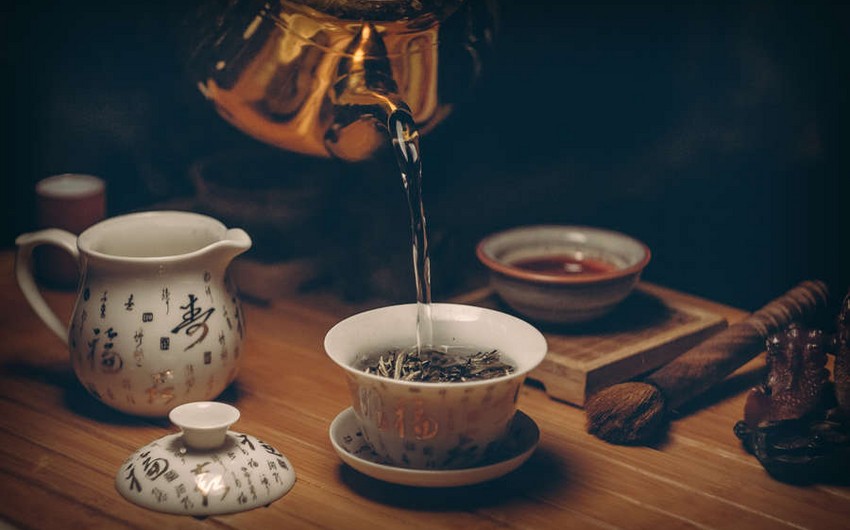Scientists claim they have found the secret to the perfect cup of tea - and it has nothing to do with when you put the milk in, Report informs, citing The Independent.
Scientists say the secret to brewing a delicious pot of tea may lie in a collection of microbes found on the roots of tea plants.
Researchers in China have identified a group of bacteria present in the soil that, they say, could make good quality tea taste even better.
These microbes work together to boost the production of an amino acid known as theanine, the main component responsible for the taste of tea.
The researchers said that focusing on microbial communities to enhance tea flavors may be a better way to create a tastier brew than genetically modifying tea plants.
The news comes as a tea shortage warning hit the UK.
For the study, published in the journal Current Biology, the researchers looked at all the microbes found on the roots of tea plants.
They then looked at the nitrogen metabolism of plants – a basic process of plant physiology where the nitrogen gas is converted into a usable form, such as ammonia.
The researchers identified the different microbes associated with better nitrogen metabolism.
They said these microbes influenced how ammonia – an essential element in photosynthesis – was absorbed by the plants, which in turn boosted the production of theanine.
The researchers then created an artificial microbial community, dubbed SynCom, that they believed would help boost theanine production in tea plants.
When tested on a Chinese tea plant called Rougui, the researchers found that SynCom bolstered theanine levels in tea plants.


 https://static.report.az/photo/a1e23fef-8b42-3540-b9be-ea7267b9b9ec.jpg
https://static.report.az/photo/a1e23fef-8b42-3540-b9be-ea7267b9b9ec.jpg

